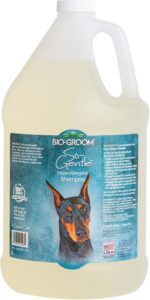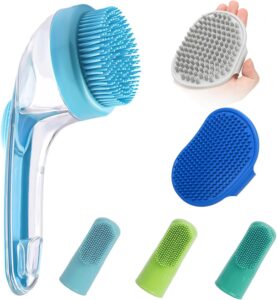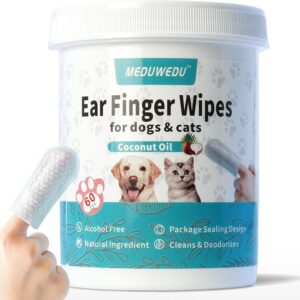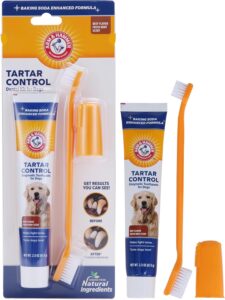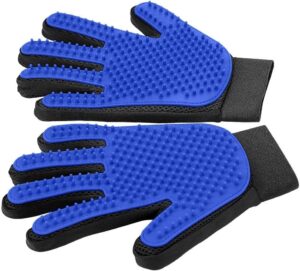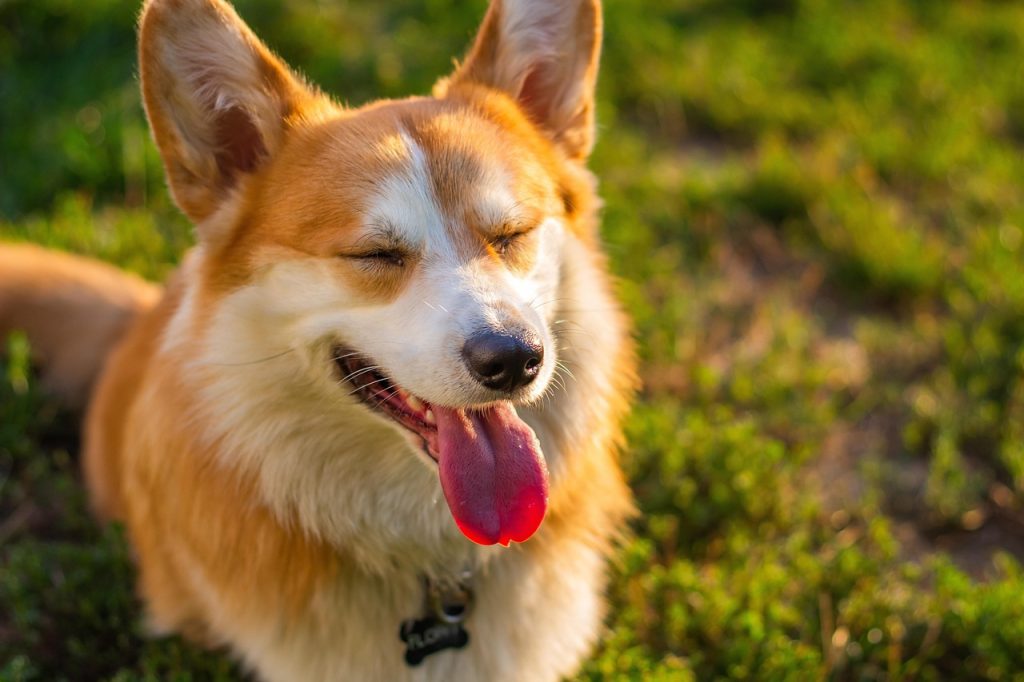
Dental care is an essential aspect of a dog’s overall health and wellbeing. Just like humans, dogs can suffer from a variety of dental problems if their oral hygiene is neglected. These issues can lead to more severe health problems if left untreated. Therefore, maintaining your dog’s oral health should be a priority. In this article, we will explore the top dog dental care tips that will help keep your furry friend’s teeth healthy and strong.
Understanding the Importance of Dog Dental Care
Dogs use their mouths for almost everything—from eating and playing to exploring their surroundings. As such, their teeth are exposed to a lot of potential irritants and pathogens. Without proper care, plaque and tartar can build up, leading to periodontal disease, which is common in dogs. This condition can cause gum inflammation, tooth loss, and even systemic diseases affecting the heart, liver, and kidneys.
Signs of Dental Problems in Dogs
Before diving into the tips for maintaining dental health, it’s important to recognize the signs of dental problems in dogs. These include:
- Bad breath (halitosis)
- Swollen, red, or bleeding gums
- Yellow or brown tartar build-up along the gum line
- Difficulty eating or chewing
- Excessive drooling
- Pawing at the mouth or face
- Loose or missing teeth
If you notice any of these symptoms, it’s crucial to consult your veterinarian as soon as possible.
Top Dog Dental Care Tips
1. Regular Brushing
Brushing your dog’s teeth is the most effective way to prevent dental disease. Aim to brush their teeth at least 2-3 times a week, but daily brushing is ideal. Use a dog-specific toothbrush and toothpaste, as human toothpaste can be harmful to dogs. Start slowly, allowing your dog to get used to the sensation, and gradually increase the duration as they become more comfortable.
2. Provide Dental Chews and Toys
Dental chews and toys are designed to help reduce plaque and tartar build-up while also satisfying your dog’s natural urge to chew. Look for products approved by the Veterinary Oral Health Council (VOHC) as these have been tested for effectiveness. Ensure that toys are appropriate for your dog’s size and chewing habits to prevent any choking hazards.
3. Healthy Diet and Nutrition
A balanced diet plays a significant role in maintaining your dog’s dental health. Choose high-quality dog food that supports oral health, and avoid feeding them table scraps or sugary treats that can contribute to dental problems. Some dog foods are specially formulated to reduce tartar and promote healthy teeth and gums.
4. Regular Veterinary Check-ups
Routine veterinary examinations are crucial for detecting early signs of dental disease. Your vet will perform a thorough oral examination and may recommend professional dental cleaning if necessary. These cleanings involve scaling and polishing your dog’s teeth, much like a human dental cleaning, and are usually performed under anesthesia for the safety and comfort of your pet.
5. Use Dental Rinses and Water Additives
Dental rinses and water additives can be a helpful addition to your dog’s dental care regimen. These products work by reducing bacteria in the mouth, freshening breath, and inhibiting plaque formation. Always consult your veterinarian before introducing new products to ensure they are safe and appropriate for your dog.
6. Monitor Chewing Habits
Take note of your dog’s chewing habits, as excessive or aggressive chewing can lead to fractured teeth or other oral injuries. Provide safe, durable toys and discourage chewing on inappropriate objects like rocks or sticks. If your dog is a particularly aggressive chewer, consult your vet for recommendations on suitable toys.
7. Encourage Hydration
Adequate water intake is important for maintaining oral health, as it helps wash away food particles and bacteria. Ensure your dog has constant access to fresh, clean water, and encourage them to drink regularly.
Common Dental Procedures for Dogs
In addition to routine care, some dogs may require specific dental procedures to address existing problems. These can include:
- Dental Cleaning: A professional cleaning involves removing plaque and tartar from the teeth and under the gum line. This procedure is usually done under anesthesia to ensure thoroughness and safety.
- Tooth Extraction: Severely damaged or infected teeth may need to be extracted to prevent further health issues.
- Dental X-rays: These are used to assess the health of the tooth roots and surrounding bone structure.
- Periodontal Therapy: This involves treating gum disease through deep cleaning, root planing, and in some cases, surgery.
Preventing Dental Problems from an Early Age
Starting a dental care routine early in your dog’s life can prevent many dental issues. Puppies are more receptive to having their teeth brushed and are less likely to develop dental anxiety. Introduce dental care gradually, making it a positive experience with plenty of praise and rewards.
Dealing with Breed-Specific Dental Issues
Certain dog breeds are more prone to dental problems due to the shape and size of their mouths. For example, small breeds like Chihuahuas and Yorkshire Terriers often suffer from overcrowded teeth, while brachycephalic breeds like Bulldogs and Pugs can have misaligned teeth. If your dog is predisposed to dental issues, work closely with your veterinarian to develop a tailored dental care plan.
Conclusion
Maintaining your dog’s dental health is crucial for their overall wellbeing and longevity. By incorporating regular brushing, providing appropriate chews and toys, ensuring a balanced diet, and scheduling regular veterinary check-ups, you can keep your dog’s teeth healthy and prevent many common dental problems. Remember, a little effort towards your dog’s dental care can go a long way in ensuring they lead a happy, healthy life.
“`
#ChatGPT assisted in the creation of this article.



